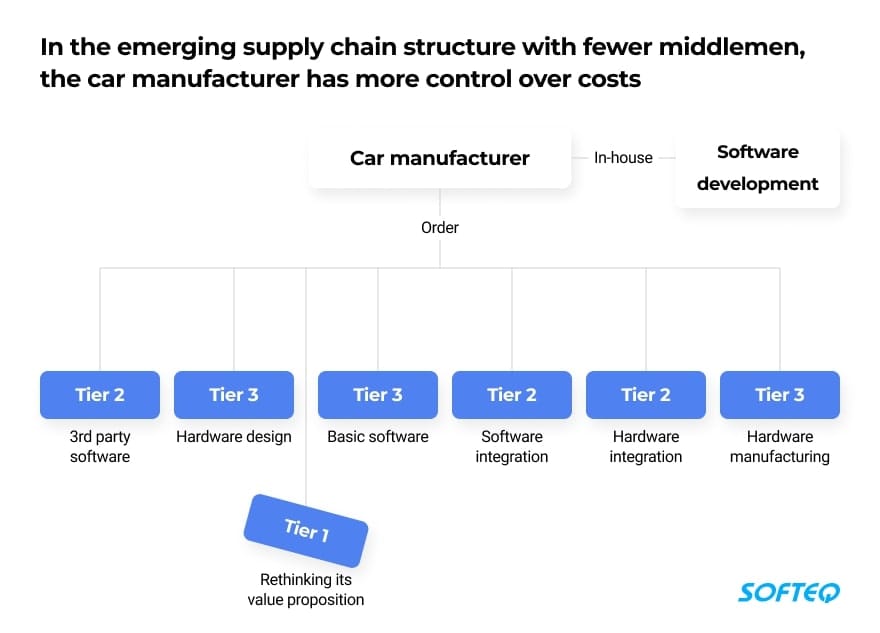The financial markets faced a turbulent day as the Dow Jones Industrial Average plummeted nearly 700 points in response to a recently released jobs report that sent bond yields soaring. This significant drop in the stock market underscores the ongoing volatility and uncertainty that investors are grappling with in the current economic climate.
The jobs report, which was released earlier in the day, revealed that the U.S. economy added more jobs than anticipated in the previous month. While this data is typically viewed as a positive indicator of economic health, it also raised concerns among investors regarding the potential for the Federal Reserve to maintain or even increase interest rates in response to the robust job growth. Higher interest rates can lead to increased borrowing costs for consumers and businesses, which may ultimately slow down economic growth.
In the wake of the jobs report, bond yields surged, with the yield on the benchmark 10-year Treasury note reaching levels not seen in several years. This spike in yields is often seen as a signal that investors expect the Federal Reserve to take a more aggressive stance on interest rates. As yields rise, the attractiveness of stocks can diminish, leading to a sell-off in equity markets. The Dow’s decline was a direct reflection of this shift in investor sentiment.
Market analysts noted that the reaction to the jobs report was particularly pronounced given the current economic environment. The Federal Reserve has been navigating a delicate balance between fostering economic growth and controlling inflation, which has remained elevated in recent months. The central bank’s decisions regarding interest rates are closely watched by investors, and any indication that rates may rise further can lead to significant market fluctuations.
In addition to the jobs report, other economic indicators have also contributed to the market’s volatility. Inflation data, consumer spending trends, and global economic developments all play a role in shaping investor expectations. The interconnectedness of these factors means that a single report can have far-reaching implications for market performance.
As the trading day progressed, the decline in the Dow was mirrored by losses in other major indices. The S&P 500 and the Nasdaq Composite also experienced significant drops, reflecting a broader trend of risk aversion among investors. Sectors that are typically sensitive to interest rate changes, such as technology and consumer discretionary, were particularly hard hit.
Investors are now left to ponder the implications of the jobs report and the subsequent market reaction. Many are questioning whether the strong job growth will lead to sustained economic expansion or if it will trigger a tightening of monetary policy that could stifle growth. The uncertainty surrounding these issues has led to increased volatility in the markets, with many investors opting to adopt a more cautious approach.
Looking ahead, market participants will be closely monitoring upcoming economic data releases and Federal Reserve communications for further guidance on the central bank’s policy direction. The next Federal Open Market Committee meeting will be a key event, as investors seek clarity on the Fed’s stance regarding interest rates and inflation.
In conclusion, the sharp decline in the Dow Jones Industrial Average following the jobs report highlights the complex interplay between economic data and market sentiment. As investors navigate this challenging landscape, the focus will remain on the Federal Reserve’s response to economic conditions and the potential impact on both the stock market and the broader economy. The volatility observed in recent trading sessions serves as a reminder of the uncertainties that continue to shape the financial markets.



